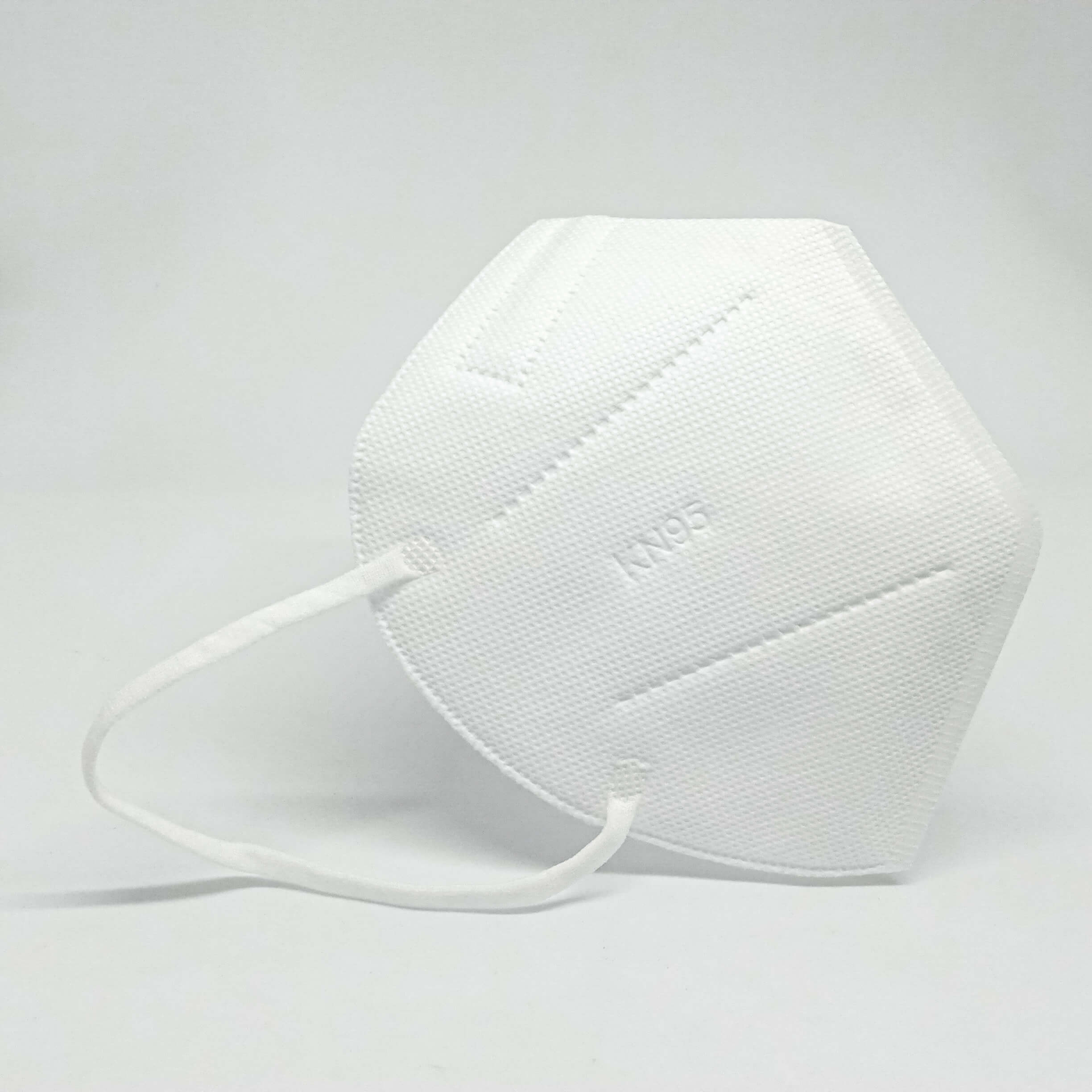
What’s the Difference Between a PCR and an Antigen Covid-19 Test?
We all know by now that getting tested for Covid-19 helps stop the spread of the SARS-CoV-2 virus. But do you know the type of Covid 19 diagnostic tests available to you?
There are two major Covid-19 diagnostic tests: the Polymerase Chain Reaction (PCR) test and the antigen or rapid test. Like any other products, these two tests have notable differences. Being aware of the PCR vs. antigen test differences can help you make an informed choice when it comes to choosing whether to go for a PCR or an antigen test.
The major antigen vs. PCR difference is how each of the tests detects the SARS-CoV-2 virus. While the PCR test determines the genetic material of the virus and amplifies it with the help of enzymes and primers, the antigen test detects proteins found on the surface of the virus. However, this is not the only difference between PCR and antigen tests. To help you understand each of the tests, here’s a look at them in detail.
What Is a PCR Covid-19 test?
The PCR test helps diagnose Covid-19 by determining the ribonucleic acid (RNA), which is the genetic material of the sample. The sample’s RNA is then converted into double-stranded DNA. Afterward, millions of DNA copies are produced using the polymerase chain reaction process to help detect the virus. The ability of the PCR test to amplify the DNA pieces into millions of copies is what enables the test to detect even the smallest amounts of SARS-CoV-2 virus in a sample.
The Peculiarities of PCR Tests
The PCR test has some unique characteristics that make it different from the rapid antigen test. For starters, the ability of the test to amplify the genetic material of the virus makes it highly sensitive such that it can detect the SARS-CoV-2 virus even when there are very small traces of the virus in a sample. This means this test can be used to detect evidence of infection during the early stages of a disease when there are no visible Covid-19 symptoms.
The sensitivity of the test also makes it very reliable and accurate. The test accuracy is almost at 100%, which is why it’s recognized as the gold standard of Covid-19 testing. Due to the PCR test accuracy, the test is also used to confirm the reliability of rapid antigen tests.
Unfortunately, the sensitivity of the PCR test can be a disadvantage in some instances, as the test may continue giving positive results even after one has recovered from an infection. Another downside of the test is that it must be done by a healthcare provider. PCR tests also require the use of specialized lab equipment and technologies, as the sample must be heated and cooled using special reagents. Sample processing in the lab is time-consuming which is why users have to wait a few days after taking a PCR test to get the results. Yet another unique characteristic of this test is that it isn’t cheap. For instance, a PCR test in the UK costs between £40 and £100, while a lateral flow test can cost as low as £5.
What Is an Antigen Covid Test?
Is an antigen test the same as a PCR test? This is a question we get all the time from our customers. To be clear, an antigen test is different from a PCR test. While PCR tests are known for their accuracy, antigen Covid-19 tests are popular for their speed in producing results.
A Covid-19 antigen test uses lab-produced antibodies to detect antigens found on the surface of the SARS-CoV-2 virus. Just like the PCR test, an antigen test uses a nasal or throat sample. The sample is put in a liquid that breaks the cells in the specimen apart. The liquid is then put in a test strip that has antibodies that are unique for the SARS-CoV-2 virus. If the sample has Covid-19 antigens, they will bind to the antibodies in the test strip leading to a positive result for Covid-19.
The Peculiarities of Antigen Tests

Rapid antigen tests, just like PCR tests, have unique characteristics that set them apart. For starters, they’re easy to use and don’t require one to have unique skills or special training to perform or interpret them. Antigen tests also give results in minutes, and they’re relatively cheap.
However, despite their many positive characteristics, rapid antigen tests also have some drawbacks. For instance, they’re less accurate compared to the PCR tests as they can only detect a virus in a sample with a high viral load.
Experts recommend that one should use a rapid antigen test at the later stages of an infection. They have also been shown to be effective at detecting the Covid-19 virus in symptomatic users. However, they’re more likely to give false negatives in the early stages of a Covid-19 infection and among asymptomatic patients.
It’s also important to point out that the accuracy of rapid tests is also affected by the person administering the test. Since most of these tests are self-administered, they are at a higher risk for errors, especially if the instructions aren’t followed correctly.
The Main Difference Between PCR and Antigen Covid-19 Tests
PCR and antigen tests are both diagnostic tests for Covid-19. The main difference between the two tests is the part of the virus each test detects and how this affects the test's accuracy and speed.
The PCR test determines the genetic material of the virus using the polymerase chain reaction technique, while the antigen test detects proteins that are specific to the SARS-CoV-2 virus. The ability of the PCR test to detect small amounts of the Covid-19 genetic material is what makes it highly accurate. A PCR sample also has to be sent to the lab which affects the speed of the results.
In contrast, rapid antigen tests aren’t as accurate as PCR tests, although the tests are reliable when testing a person with a high viral load. However, the test can be done and analyzed in less than 30 minutes as the sample doesn’t need to be taken to a lab.
Conclusion
Hopefully, now you understand the difference between PCR and antigen tests. If you’re about to be tested for Covid-19, your choice of the test will depend on factors such as the probability that you have the virus and the cost and availability of the test.



